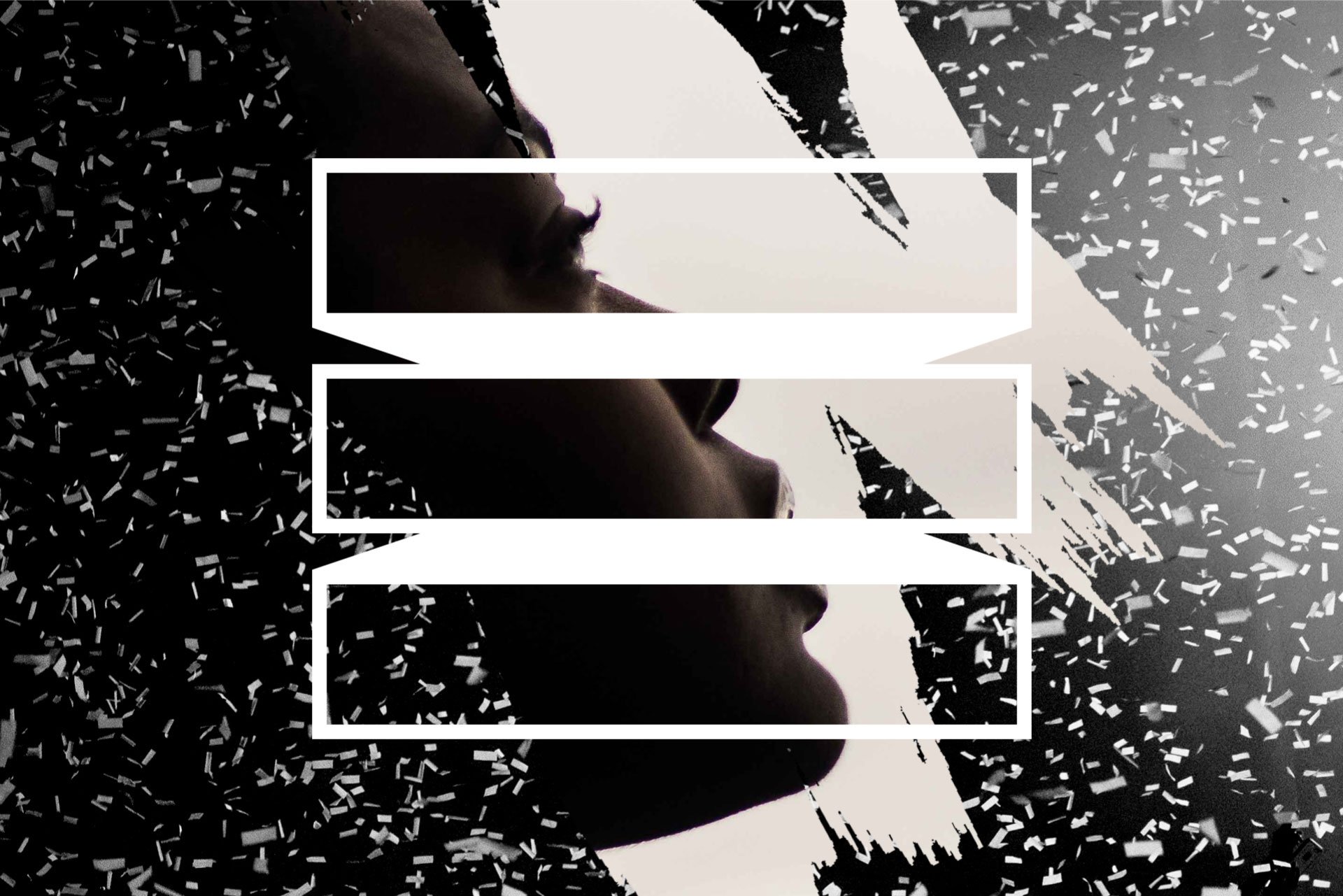ADHD and the Interpersonal
Artwork by Richard Kahwagi. Photos by Jordon Conner and Jessica Felicio on Unsplash
In 2019, I fell victim to the Instagram Infographic Industrial Complex. There, in shades of lavender and baby pink, was an infographic that gently sat me down and listed a few common signs of ADHD (attention deficit hyperactivity disorder) in women. The infographic murmured sympathetically as I looked at the long trail of unfinished projects that followed me; it chuckled a little as I recalled the exam season prayer sessions which involved me fervently rebuking spirits of procrastination and laziness. As I thought of the countless times I cried over my incapability of meeting deadlines, goals, and potential, the infographic squeezed my hand and ushered me into a journey. After two years of research and referrals, I finally received a diagnosis of ADHD.
ADHD is a neurodevelopmental disorder that impacts a person’s ability to plan, focus, and execute tasks. In a society that places so much value on labour, it is, therefore, no wonder why ADHD is so often discussed within the framework of productivity. Though it’s an important conversation to have, the effects of ADHD go beyond completing to-do lists. It unavoidably shapes who you are, how you view life, how you approach the world. Including your interpersonal relationships.
As a babe who loves love and was wisely referred to as “someone who will romcom you to death”, I am eager to examine the intersection of neurodiversity, love, and self. I didn’t enjoy the realisations that I stumbled across in the initial part of my journey, and admittedly, I still don’t. Executive dysfunction is a term that aptly explains my high levels of disorganisation but seeing your loved ones disappointed by your consistent lack of follow-through can be heart-breaking. Likewise, ‘object permanence’ has been added to my lexicon but I hate that my distorted sense of it can cause an emotional disconnect in my relationships. I am also not a fan of the chokehold rejection sensitive dysphoria seems to have on me as I imagine that life would be more enjoyable without the tight chest pains and overwhelming despair that happens when I perceive rejection or abandonment.
“Grounded in the social model of disability, the concept of neurodiversity assures me that I do not have to be neurotypical to fully experience the joys of life, that my complexity can, and should, be held with understanding and care.”
In so many ways, the world makes sustainable love feel like it is out of my reach, like it is something exclusively reserved for those who can actually maintain a conversation without forgetting to reply. But it’s not. Grounded in the social model of disability, the concept of neurodiversity assures me that I do not have to be neurotypical to fully experience the joys of life, that my complexity can, and should, be held with understanding and care. It forces me to reimagine myself through a clearer lens, a lens tinted with compassion instead of accusation.
I don’t think there is a clear-cut solution to navigating the interpersonal with ADHD because I think it’s yours to forge. It’s up to you to redefine love, intimacy, and community. It’s up to you to decide how you manoeuvre these aspects of life and who you choose to explore them with. I think that in itself is quite powerful, no? Collaborating with the people around you to completely disrupt essentialist, arbitrary ideals of love and create something unique that you can adhere to. To foster candid conversations about your limitations and to show up for your loved ones in the ways you can. To evolve relationships centred on intention and authenticity.
I am passionate about developing a radical love ethic because the world is cruel enough as it is, especially for Black neurodiverse women. In the UK, Black women made up the highest percentage of people over 16 who screened positive for ADHD in 2014, despite the fact that ADHD is usually noticed and diagnosed at an early age. Underpinning this statistic is the reality of a gender and racial bias in healthcare which ultimately determine: whose symptoms are recognised as ADHD, whose mental health experiences are actually listened to, and who has access to treatment. In all facets, Black women are overlooked and underserved.
In a society that alienates, we must cultivate community. In a society that exhausts, we must heal and rest. And in a society that subjugates, we must build a love that epitomises the liberation we fight for.
To find out more about ADHD (attention deficit hyperactivity disorder) visit: https://www.nhs.uk/conditions/attention-deficit-hyperactivity-disorder-adhd/
For information on helpful apps for children to use if they have learning difficulties visit: https://www.wizcase.com/blog/useful-apps-for-kids-with-dyslexia-and-learning-disabilities/
